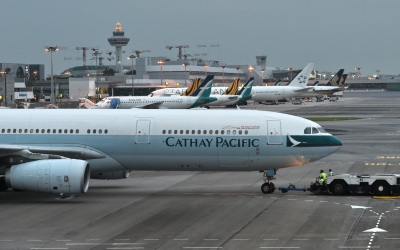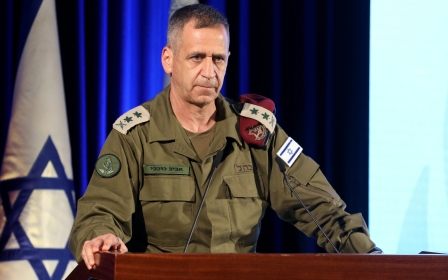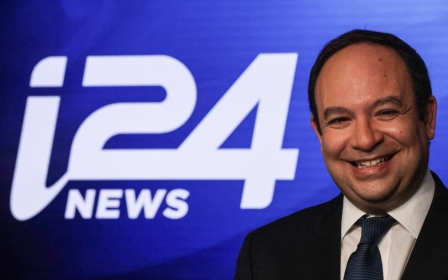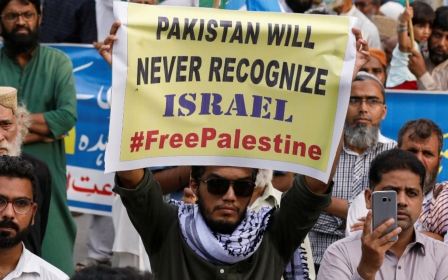Bahrain will build on partnership with Israel, says king's adviser
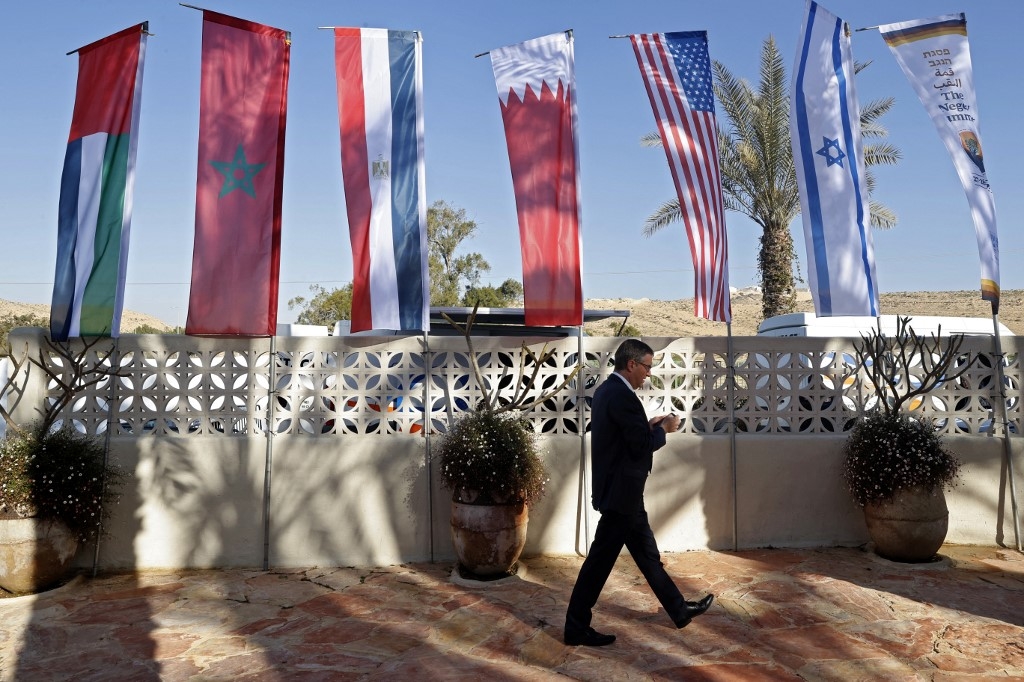
Bahrain will continue to build its relationship with Israel after former prime minister Benjamin Netanyahu and his right-wing allies triumphed in Israel's general election, the diplomatic adviser to Bahrain's king said on Saturday.
Arab leaders have largely been silent about the victory of Netanyahu, whose record of hardline opposition to Shia Muslim power Iran has helped forge ties with Sunni Muslim Gulf leaders.
Israel, under Netanyahu's government in 2020, normalised ties with the United Arab Emirates and Bahrain - where concern over Iran's regional sway dominates security strategy - under US-brokered normalisation pacts, dubbed the "Abraham Accords".
The diplomatic adviser, Khalid bin Ahmed Al Khalifa, said Netanyahu's win was "normal and always expected".
"We have an agreement with Israel, part of the Abraham Accords, and we will stick to our agreement and we expect it to continue in the same line and continue building our partnership together," he told reporters.
"We will want to make an example and succeed together and face all the threats," he said, responding to a question about a multilateral regional approach to security that includes Israel.
US and Israeli officials raised the idea of an integrated Middle East air defence system during a trip by US President Joe Biden in July to Israel and Saudi Arabia, which blessed the Abraham Accords but has yet to formally recognise Israel.
"We would like to make sure that we don't have to reach a day that we will face some deterioration of security in the region of any sort," said Khalid, whose country is home to the US Navy's Fifth Fleet.
"We do want to have the region come to terms between all the countries and agree against any belligerency from any side to any other."
The Gulf and Israel share concern over Iran's nuclear and missile programmes and network of regional proxies. Gulf states rely on the United States for their security but have questioned US commitment to the region.
Israel and Bahrain are negotiating a free trade agreement that they hope to seal before the end of the year, officials from both countries said last month.
Middle East Eye delivers independent and unrivalled coverage and analysis of the Middle East, North Africa and beyond. To learn more about republishing this content and the associated fees, please fill out this form. More about MEE can be found here.


